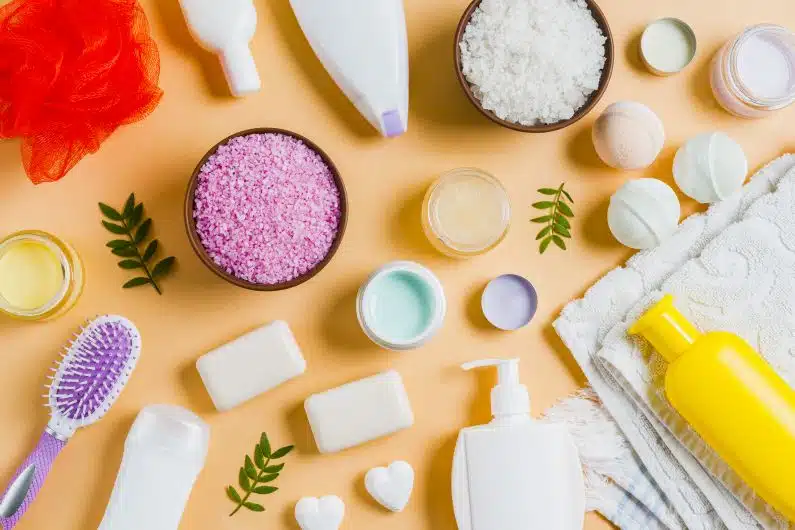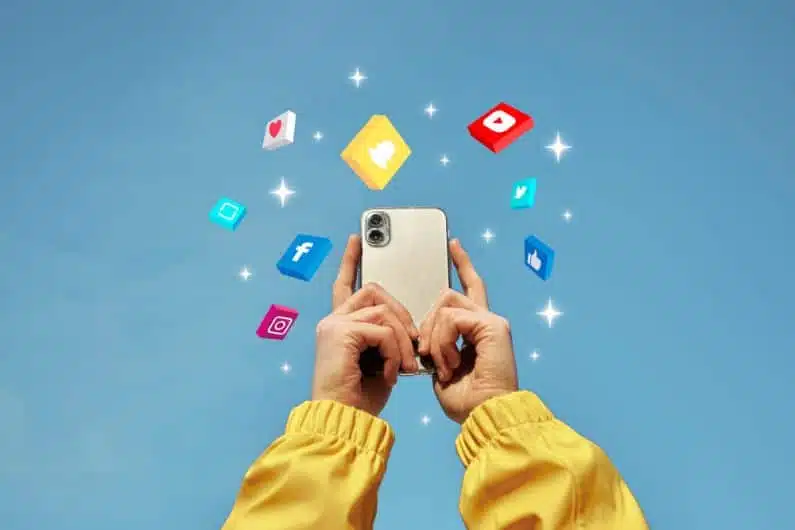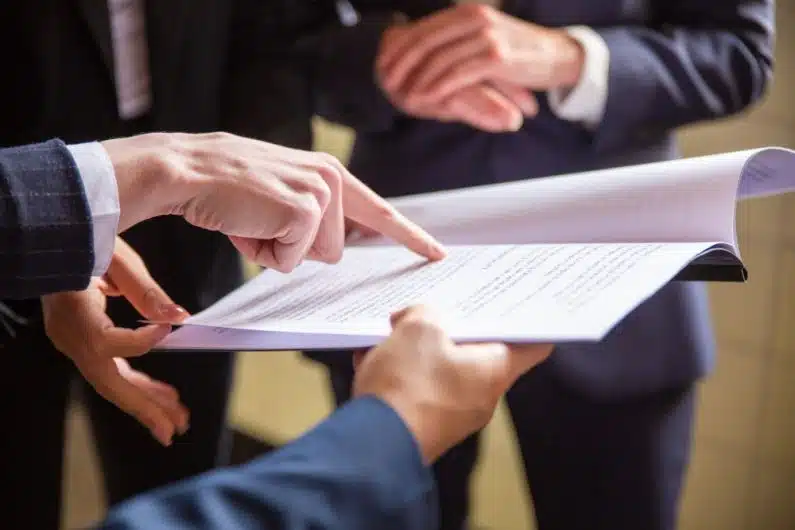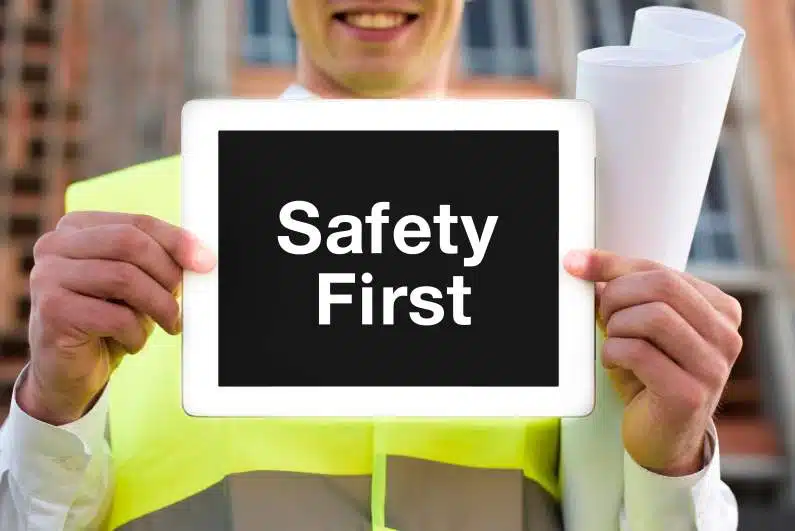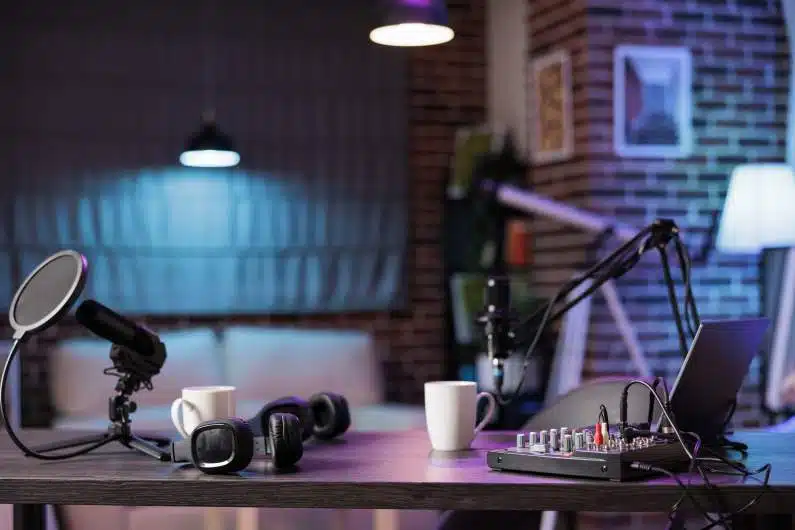The cosmetic industry, which refers to the production and distribution of makeup, skincare, haircare, and toiletries, has grown steadily over the last fifteen years and is now a worldwide phenomenon. While beauty products have always sold well, the rise of the social media influencer has catapulted cosmetics, particularly skincare, into the global spotlight.
Some of the US’s favorite products hail from the other side of the world, with French, South Korean, German, and Italian cosmetics proving particularly popular. With manufacturing, safety regulations, distribution, and marketing occurring on an international scale, there is evidently a high demand for professional cosmetic translation.
Italy’s Thriving Cosmetic Industry
Italy is known for style and beauty, from its master artists and striking architecture to its beloved fashion houses and stunning automobiles. Fitting in perfectly with this chic reputation is the country’s thriving cosmetics industry.
Italy’s cosmetic market is as diverse as its cuisine, with modern, affordable makeup brands like Kiko Milano sitting harmoniously beside traditional companies such as The Officina Profumo — Farmaceutica di Santa Maria Novella, the world’s oldest pharmacy and home to luxury fragrances, soaps, and skincare.
Italian-made cosmetic products are among the most sought after in the US. Likewise, American beauty brands such as Glossier, are coveted by Italian consumers. This has resulted in a great need for Italian to English and English to Italian translators specialized in the cosmetics industry.
The Cosmetics Industry’s Unique Vernacular
At first glance, it may appear that the beauty industry revolves around the visual and, while photoshoots in glossy magazines and television commercials featuring Hollywood actresses are undoubtedly an essential component, language plays an equally vital role.
The creation and marketing of products for the cosmetics industry involves striking a delicate balance between emotion and science. Take a look at the product description of a cleanser or toner and you will find a mixture of scientific terms such as ‘emulsifying sucrose esters’ alongside enticing vocabulary like ‘vibrant’, ‘brighten’, and ‘dewy radiance’.
Cosmetic purchases have traditionally been driven by emotion, by sleek packaging and beautiful ad campaigns, but today’s consumers are discerning and well-informed; they demand to know how their products work, hence this unique way of writing. Translators specialized in this industry must be confident in adopting this aspirational yet informative tone and have a firm grasp of the technical terminology.
Types of Translated Documents
Translation for the cosmetics industry covers a wide range of document types including marketing material, safety and technical information, and legal documentation. Examples of common translations for the cosmetics market are:
- Labels and packaging
- Documents and certificates
- Efficiency studies
- Articles and press releases
- Technical data sheet and safety sheet (EU Reg. 1223/2009)
- Websites and social media content
- Marketing campaigns and advertising
- Contracts
Translating a Brand’s Voice
Cosmetics companies spend significant time and money developing a unique voice for their brand that makes them stand out and tells their customer who they are. Two very different examples of brands with distinct voices are:
- Canadian skincare brand The Ordinary, whose motto is “clinical formulations with integrity”. Their products use minimal ingredients. scientific-looking packaging, and clear yet technical descriptions.
- Italian beauty company, Borghese, recently rebranded, capitalizing on their royal roots (the company was founded by Princess Marcella Borghese in 1956) and the Italian culture -where “self-care isn’t a luxury…it’s a necessity”- to produce a new, cheeky, voice that appeals to millennials.
A brand’s voice is their most powerful marketing tool and translators working in this sector must be able to retain it while making it accessible and relevant to an international audience. This kind of translation often blends localization and transcreation.
The Technical Side of Cosmetic Translation
The cosmetics industry is truly global; products are exported and sold internationally and lab studies -which are needed to support the product claims- are often run by foreign labs. This means that documents such as stability test data and raw material safety data sheets that are required by health authorities, need to be translated into the relevant languages.
Linguists who take on the translation of safety documents, along with labels, packaging, and enclosed leaflets, need to have extensive knowledge of cosmetic chemistry. Translation service providers that specialize in this field should have tools such as a terminology glossary that ensures that all translations adhere to international cosmetic regulations.
Due to the international nature of this industry, cosmetics companies frequently find themselves in need of translators specialized in many different languages, in addition to Italian, with French translation and Korean translation being particularly in demand.
Fortunately, BeTranslated’s team of experienced translators is able to skillfully render the unique voice needed for cosmetic translation projects. For more information or to get a free, no-obligation quote for your translation, contact us today.
